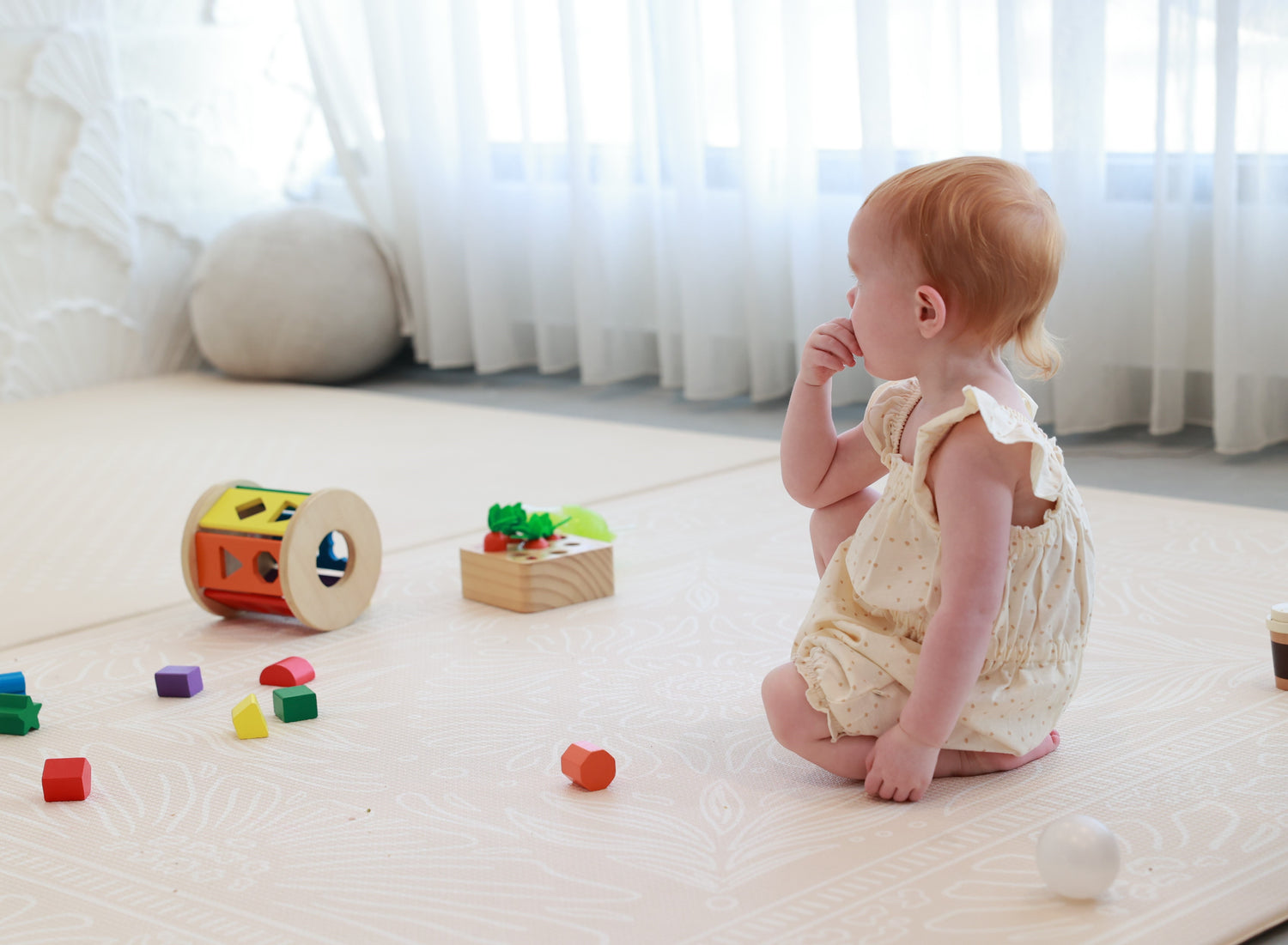Congratulations on your new bundle of joy!
While motherhood can be an incredible experience, it's important to remember that it can also come with some challenges. One of these challenges is postpartum depression (PPD), which is a common condition that affects some new mothers shortly after childbirth. Although it is a serious and genuine medical condition, there is no need to worry as it can be treated.
To help you better understand PPD, here are some important points to keep in mind:
- Symptoms: Postpartum depression can show up in different ways, but some typical signs are feeling sad, hopeless, irritable, guilty, or worthless. If you're a new mom going through PPD, you might also notice changes in your eating and sleeping habits, difficulty connecting with your baby, and a lack of interest in things you used to enjoy. Remember, you're not alone and there's help available!
- Timing: Did you know that PPD can happen up to a year after giving birth? That's why it's crucial to keep an eye out for its symptoms throughout the postpartum period. Take care of yourself, mama!
- Causes: PPD is something that can happen to new moms and it's not entirely clear why. However, it's believed that a combination of hormonal, psychological, and social factors can contribute to it. Things like hormonal changes, not getting enough sleep, and feeling the emotional and physical strain of caring for your little one can all play a role in developing PPD..
- Risk Factors: There are certain factors that can increase the risk of PPD. These include having a history of depression or anxiety, not having enough social support, experiencing stressful life events, and having complications during pregnancy or childbirth.
- Treatment: Postpartum depression is totally treatable, and there's no need to suffer in silence. If you or someone you know is experiencing it, please don't hesitate to seek help. You've got options, like therapy (including cognitive-behavioral therapy), medication, or a combination of both. And don't forget the power of support from loved ones and joining support groups - it can make a world of difference! There's no shame in getting help - it's a brave and important step towards feeling better.
- Self-Care: If you're a new mom, it's super important to take care of yourself so you can manage postpartum depression (PPD). That means getting plenty of rest, eating yummy and healthy food, and doing things that make you happy. Don't forget to ask your friends and family for help with your baby or household chores - they're here for you! Remember, taking care of yourself is the first step to being an amazing mom.
- Professional Help: If you or someone you know is feeling down after childbirth, don't hesitate to reach out to a healthcare provider for help. They can provide an accurate diagnosis and recommend the best treatment options. Remember, seeking help early is key to feeling better soon!
- Postpartum Anxiety and Psychosis: Along with postpartum depression (PPD), some women may also experience postpartum anxiety or, in rare cases, postpartum psychosis. These conditions have different symptoms and require specific treatment approaches. If you or someone you know is experiencing severe symptoms such as hallucinations, delusions, or thoughts of harming oneself or the baby, please don't hesitate to seek immediate medical help. It’s okay to ask for help and prioritize your mental health.
To all mums, it's important to know that postpartum depression is a medical condition that can affect anyone, and it's completely okay to ask for help. Seeking support is actually a sign of strength, not weakness. With the right support and treatment, most women with PPD can fully recover and enjoy a wonderful life with their newborns.


